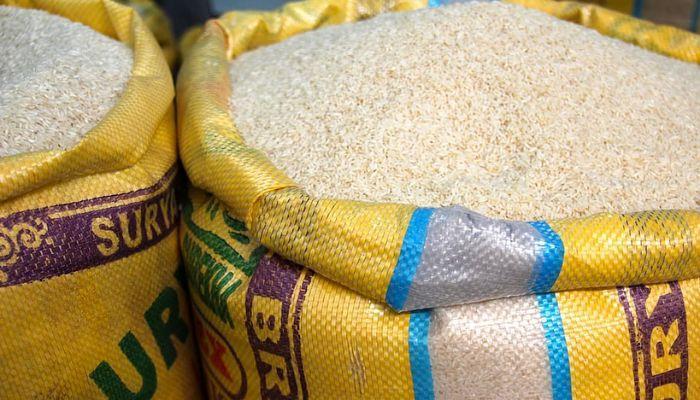A recent report from a global market research provider highlights a concerning trend in Nigeria’s staple food consumption, indicating that rising inflation has rendered essentials such as rice and pasta less accessible for many Nigerians.
The study, titled ‘Staple Foods in Nigeria’ by Euromonitor International, reveals that sales volume in the formal market reached the lowest point in five years, declining marginally for the second consecutive year to 2.57 million tonnes in 2023 from 2.47 million tonnes in 2022.
Despite being considered essential by local consumers, staple foods experienced a decline in both retail and food service volume sales. The report attributes this drop to poor economic conditions, exceptionally high inflation rates, and limited consumer spending power, prompting Nigerians to resort to rationing or seek substitute unpackaged staple foods.

The decline in social activities, particularly parties that significantly contribute to demand, coupled with weakened consumer purchasing power, has impacted the sales of these essential items. Although the volume has decreased, high average unit prices have led to strong current value growth for the category.
The breakdown of data for various staple food categories reveals a drop in consumption across the board. Breakfast cereals decreased to 35.8 million tonnes in 2023 from 38.2 million in 2022, processed fruit and vegetables reduced to 7.4 million tonnes from 8.2 million, and processed meat, seafood, and alternatives to meat declined to 6.4 million tonnes from 7.1 million tonnes. Other categories, including baked goods and rice, pasta, and noodles, also witnessed a decline in volume.
Consumers are feeling the pinch, with many forced to cut down on their daily meals. The increasing prices of essential items, including rice, have led to a reduction in consumption frequency. The inflation rate in Nigeria has surged to the highest in 18 years, driven by various economic reforms, including the removal of the petrol subsidy and naira devaluation. Food prices, a significant contributor to the inflation surge, have also reached their highest levels in 18 years.
The impact of inflation extends beyond staple foods, affecting household spending patterns and leaving consumers grappling with the rising cost of living. In response to these challenges, the government has initiated targeted cash transfers to mitigate the impact on vulnerable households. However, a comprehensive approach, involving tighter fiscal and monetary policies, is deemed necessary to address the root causes of inflation.
An outlook report by global organisations forecasts increased prices of staple foods in 2024, attributing this to production deficits, trade restrictions, insecurity, elevated global prices, high transaction costs, and currency depreciation.


